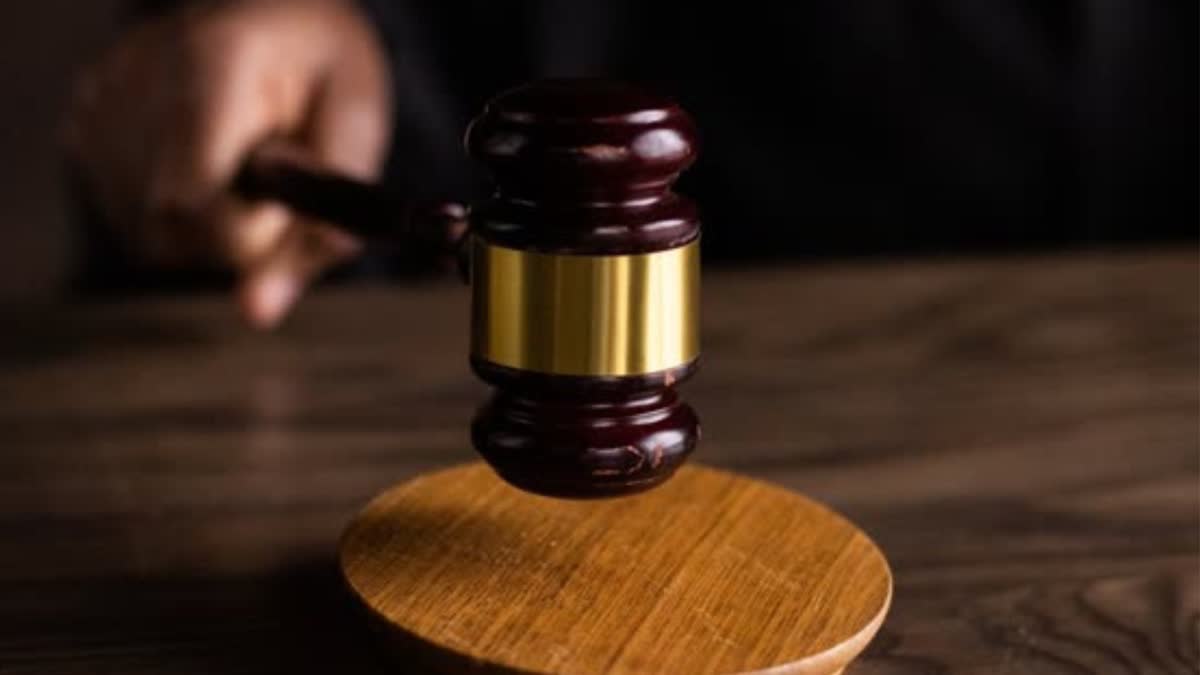New Delhi: The Supreme Court on Tuesday said judges sitting in Delhi cannot micromanage the issues raised in a plea regarding cow vigilantism and mob lynching incidents, and stressed that all states must strictly implement guidelines issued in the Tehseen Poonawalla judgment in 2018.
The matter was heard by a bench comprising justices BR Gavai and K Vinod Chandran. The bench cited the apex court order on petitions’ against demolition of properties, of those who were suspected of criminal offences, as an extra-legal punitive measure.
The bench said even in the demolition matter, the court gave liberty to the parties’ to move before the competent authorities. "Every state will have a different situation... In some states, beef (consumption) is a regular sort of...”, said the bench.
The apex court decided to close the plea, which raised concerns about mob violence and mob lynching incidents, specifically acts by “cow vigilantes” in the garb of protecting cows from smuggling and slaughter.
During the hearing, the bench said, “Sitting in Delhi, we cannot monitor issues in different areas of the country and in our view such micromanagement by this court will not be feasible”.
The bench said what should be the adequate compensation in cases of mob lynching will differ case to case and no uniform directions can be issued, and pointed out that it will be like taking away the discretion available to the courts or the authorities in determination of the compensation.
"For example, if a person suffers from simple injury and another person receives a serious injury, a direction to pay uniform compensation will be unjust”, said the bench. The bench said plea seeking such omnibus relief is not in the interest of victims.
The bench made it clear that an aggrieved person can move before the competent in accordance with law. The bench said it is also not keen to examine the validity of cow protection laws introduced in various states, and added that the high court can be approached on such issues.
“In a generic petition, it would not be permissible to examine the validity of 13 different legislations/notifications (by different states). It would be appropriate that persons who are aggrieved approach the jurisdictional high courts to challenge the validity of such pieces of legislation”, said Justice Gavai, pronouncing the order.
The bench said the apex court had already issued detailed directions to act against incidents of mob lynching in the Tehseen Poonawalla case, and stressed that all states must strictly implement guidelines issued in the 2018 judgment. The bench said if any such direction is flouted, an aggrieved person has legal remedies.
Advocate Nizam Pasha, representing the petitioner, argued that the earlier directions issued by the court were being brazenly flouted, against the backdrop of cow protection laws in certain states. He stressed that it has led to mob lynchings by 'cow vigilantes.' “Some kind of oversight from this court will help. 13 States follow this rule….,” Pasha contended before the bench.
“Ultimately, incidents which are criminal acts - it is the duty of the state to ensure that it does not happen and prosecute. Can this court look at individual cases?" said the bench. Pasha stressed that concerned authorities in the state often decline to register criminal cases against the perpetrators of such acts.
Solicitor General Tushar Mehta, representing the Centre, submitted that Centre has introduced a law under the Bharatiya Nyaya Sanhita, which punishes mob lynching.
The apex court passed the order on a plea filed by the National Federation of Indian Women on the issue of mob lynching incidents.



